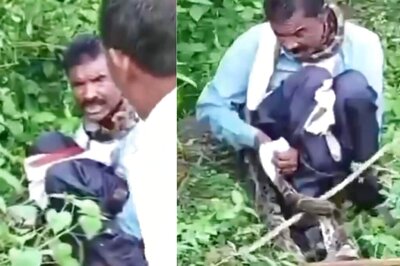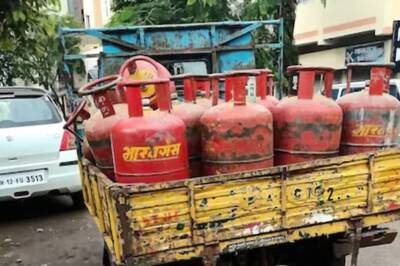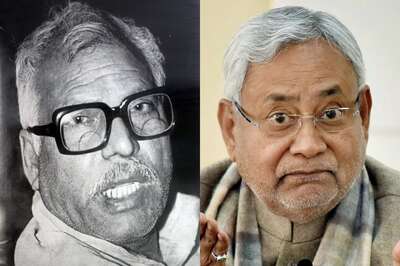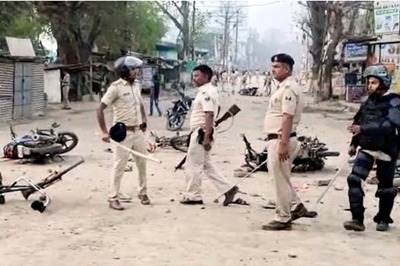
views
The much-awaited International Conference on Biodiversity will start rolling from Monday with the Sixth Meeting of Parties to Cartagena Protocol on Biosafety (COP MOP 6) at the Hyderabad International Convention Centre (HICC).
Governor ESL Narasimhan will be present at the inaugural session along with Union minister of environment and forest Jayanthi Natarajan.
The discussion at the COP MOP 6, to be held between October 1 and 5, will focus on the operations and activities of the Biosafety Clearing- House (BCH) and capacitybuilding measures, including issues related to the financial mechanism and resources, in the light of the Cartagena Protocol.
Around 2,000 delegates from 150 countries have arrived to attend the first phase of the convention.
The objective of the protocol is to ensure protection in the field of transfer, preservation and use of living modified organisms (LMOs) resulting from modern biotechnology.
The LMOs may have adverse effects on the biological diversity and pose risks to human’s health. The Meeting of Parties (MOP) will be followed by the Eleventh Conference of Parties (COP-11) on Biodiversity, which will be conducted from October 8 to 19 at the same venue.
The High-level Committee segment of COP-11 will be inaugurated by Prime Minister Manmohan Singh on October 16, where the heads of state and delegates will focus on the implementation of Strategic Plan on Biodiversity, 2011-20.
The Cartagena protocol
The protocol, adopted in 2000, addresses the issue of living modified organisms (LMOs) which might affect biodiversity adversely.
LMOs are similar to genetically modified organisms (GMOs) except GMOs can be dead or alive. It promotes biosafety by setting rules and procedures for safe transfer, handling and use of LMOs.
The protocol features a set of procedures for LMOs including the one that are to be intentionally introduced into the environment and another one that are intended to be used directly as food.
The protocol, which came into force in September 2003, is supplemented by the Nagoya-Kuala Lumpur Supplementary Protocol adopted in 2010 which enlists liability on the manufacturers or exporters in the event of damage to environment or human health.
Around 168 countries are signatories to the Cartagena Protocol while 51 have signed the Nagoya-Kuala Lumpur protocol.
However, the United States, a major producer of LMOs, is not a signatory to the convention, and hence not bound by the protocol.
India signed the Nagoya Protocol along with Germany and Japan.




















Comments
0 comment